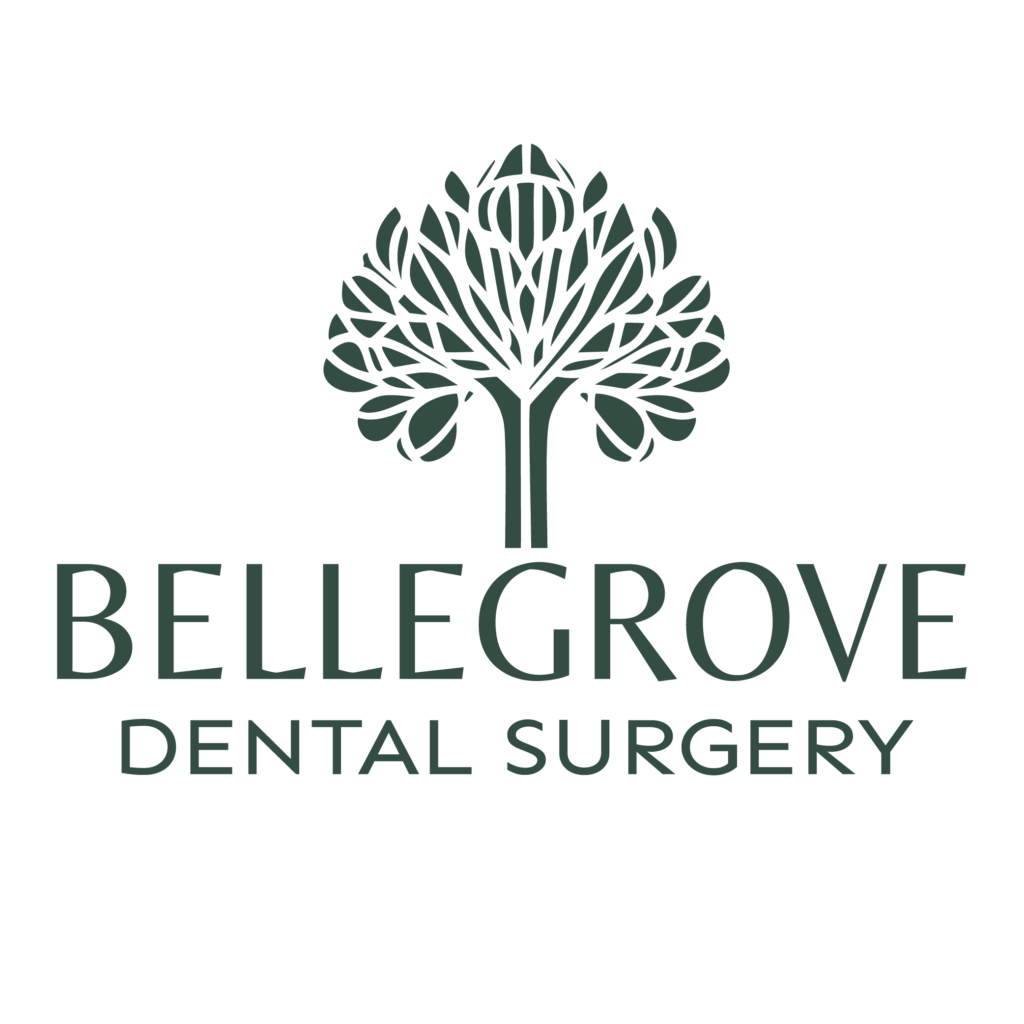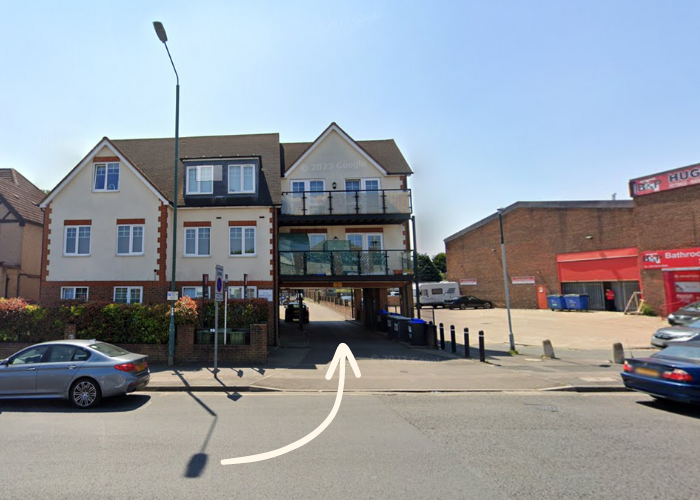Gum Treatment at Bellegrove Dental
Healthy gums are essential for maintaining overall dental health. Gum disease, if left untreated, can lead to serious dental issues, including tooth loss. We will provide detailed information on gum treatment options, the importance of gum health, and how to prevent gum disease.
What is a gum disease?
Gum disease, also known as periodontal disease, is an infection of the gums surrounding your teeth. It is one of the top reasons for tooth loss in adults. Since gum disease is usually painless, you may not know you have it. Hence, regular dental check-ups and periodontal examinations are very important.
Signs & symptoms
Be aware of these common signs and symptoms:
- Gums that bleed easily
- Red, swollen, or tender gums
- Gums that have pulled away from the teeth
- Persistent bad breath or bad taste
- Loose or separating teeth
- A change in the way your teeth fit together when you bite
Types of gum treatment
Depending on the severity of the disease, various treatment options can be recommended:
- Professional cleaning: As a preventive measure, regular cleanings can remove plaque and tartar that a toothbrush can’t reach.
- Scaling and root planing: This deep-cleaning, non-surgical procedure involves scraping off the tartar from above and below the gum line and smoothing out rough spots on the tooth root.
- Medications: In some cases, medications might be used along with treatments like scaling and root planing.
- Surgical treatments: For more severe cases, surgical options such as flap surgery (pocket reduction surgery) or bone and tissue grafts may be necessary.
Preventing gum disease
Maintaining good oral hygiene is crucial in preventing gum disease. Here are some tips:
- Brush your teeth twice a day with fluoride toothpaste.
- Floss regularly to remove plaque between teeth.
- Visit your dentist at least twice a year for a professional cleaning and check-up.
- Quit smoking, which is among the most significant risk factors associated with the development of gum disease.







Frequently Asked Questions
Gum disease, also known as periodontal disease, is an infection of the tissues that hold your teeth in place. It’s typically caused by poor brushing and flossing habits that allow plaque—a sticky film of bacteria—to build up on the teeth and harden.
Common signs include red, swollen, or tender gums, bleeding gums during and after tooth brushing, persistent bad breath, receding gums, loose teeth, and changes in the position or bite of the teeth.
Yes, research suggests that gum disease can contribute to other health problems such as diabetes, heart disease, and stroke.
The main cause of gum disease is plaque, but other factors can contribute, including smoking, genetic susceptibility, poor nutrition, stress, and certain medications that reduce saliva flow.
Treatment varies depending on the stage of disease and may include deep cleaning (scaling and root planing), medications, and, in more severe cases, surgery.
This is a deep-cleaning method done under local anaesthetic, where plaque and tartar from above and below the gum line are scraped away (scaling) and rough spots on the tooth root are made smooth (planing).
Good oral hygiene is essential. Brush your teeth twice a day, floss daily, eat a balanced diet, and schedule regular dental check-ups and cleanings.
Use a soft-bristled brush to gently brush your teeth on all sides with a fluoride-containing toothpaste. Replace your toothbrush every three to four months.
Yes, children can develop gum disease or gingivitis, which is why good oral hygiene and regular dental visits are important from an early age.
Surgical treatments may include flap surgery/pocket reduction surgery, bone grafts, soft tissue grafts, and guided tissue regeneration, depending on the severity of the periodontal disease.
Focused on your smile!
With us, you can forget the stressful, daunting dental visits! At Bellegrove Dental, our team will always make sure that each visit is always relaxing, swift, and designed around your individual needs!






























